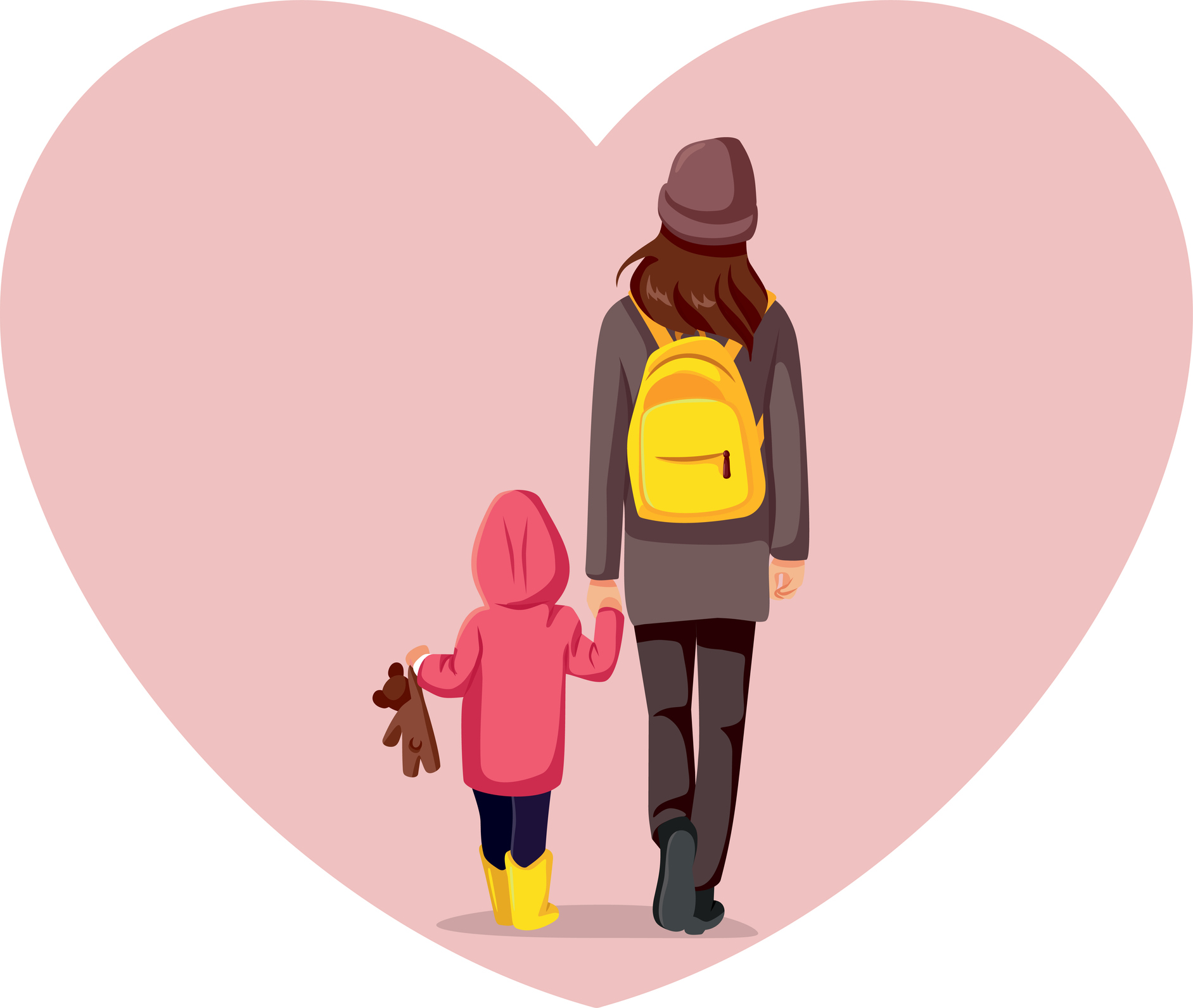There are many benefits to going outside your home. It can be much more than a change of scenery, it can help you connect with local people and places and increase your sense of belonging within the community. This can be very important to you, and your child’s mental health.
 Here are some ideas of things you and your family can do in Rhondda Cynon Taf.
Here are some ideas of things you and your family can do in Rhondda Cynon Taf.
Playgroups
This is a great way for you and your child to socialise and meet new people. They also provide a place where your child can enjoy new activities, learn new things and gain new skills. Find Playgroups in your area.
Playschemes
All children and young people aged 5 to 14 living in RCT are eligible to attend our approved playschemes once a booking form has been completed and signed by the parent or carer.
Places to Visit
Spending time outdoors can improve your child’s strength, coordination and even their immune system. Children who spend more time playing outside are less likely to have weight related problems in later life. RCT has loads of attractions, activities and inspirations for adventures. Find things to do in your area.
Libraries
RCT Libraries are public spaces that not only help you access information but can offer activities to encourage creativity. Joining a library can give you access to books and ebooks, DVDs, CDs, IT equipment and the internet along with various events. You and your child can become members. Find information on what your local library has to offer.
Exercise and Sports
Become more active and improve your physical and mental health. As well as benefiting adults, being physically active is important for children’s healthy development too. Find activities for all age groups in RCT.
Fun Family Events
There are lots of fun family events run in RCT throughout the year. These can offer families time to get together and enjoy fun activities together in local areas.
Find events in RCT
Try making your trip a bit more fun by playing some games, for example a treasure hunt! A rainbow scavenger hunt is a great way to explore things in your home or out and about.
What you need:
- Scavenger hunt card or a piece of paper
- Pen
- Bag
- Printer (optional)
How to do it:
- Make your scavenger hunt or print one off the internet.
- Take a bag and a pen with you when you go on your hunt and put everything you collect in a bag (you may need an adult to accompany you).
- You can do this inside or outside.
Try mixing it up by doing a shape scavenger hunt.
For older children, have you tried Geocaching? You can track Geocaches in your local area (there are millions all over the world) using the Geocaching app. Find out more about Geocaching by watching the video below.
Tips for staying safe outside
When you are out with your children, it’s important to keep them safe. Here are some tips on how to give you peace of mind when you are out and about together:
- Always keep your child in sight.
- Consider using toddler reins for younger children.
- Agree a meeting place if you all get split up.
- Don’t let your child use public toilets alone.
- Tell your child to never talk to someone they don’t know.
- Make your child aware that they can talk to you if they feel unsafe.
If your child is allowed to go out on their own, there are a few tips you can give them to help them keep themselves safe:
Teenagers
- Stay alert. If they wear headphones to listen to music, make sure they can still hear what’s going on around them.
- Stay on well-lit roads and avoid lonely areas.
- If they think they are being followed, go to a busy place like a shop and tell someone.
- Think about carrying a phone, whistle or alarm.
- If they have a phone or valuables, keep them out of sight.
- Never carry weapons.
- Tell someone if they think you unsafe when they go outside.
- Phone 999 if they, or anyone around them is hurt or in danger.
Younger children
- Tell them to ask you before playing outside alone.
- Don’t talk to people they don’t know.
- Don’t go anywhere with strangers.
- Tell them to tell you if a stranger tries to talk to them or if they feel unsafe outside.
- If they get lost, they can ask for help from someone they trust. This could be a shop-keeper, police officer or a nearby family.
- Teach them their address and your phone number before they leave the house.
- Phone 999 if they, or anyone around them is hurt or in danger.
Here we have some advice for children about contacting emergency services.